Taking a small glass of alcohol (wine, beer or spirits) might seem harmless and even comforting during this crisis period. Perhaps you use alcohol to help you fall asleep because it gives you a feeling of well-being and alleviates your anxieties during this difficult period.

Do you know what the effects of alcohol are on your sleep?
It’s true that alcohol helps you fall asleep. In general, it takes less time to fall asleep after you take a class or two. However, contrary to what you might think, alcohol does not lead to a healthy or good quality sleep. In fact, after the early part of the night when your sleep is deep, alcohol causes fragmented sleep. It therefore causes you to walk up more frequently and sometimes leads to longer periods of wakefulness (making it impossible to fall asleep again) or causes you to wake up too early in the morning. Lastly, alcohol significantly shortens the duration of your paradoxical sleep (the period of sleep during which you are dreaming), a stage of sleep that is very important for balancing your mood and for several cognitive functions.
To ensure a better night’s sleep, it’s better to drink during happy hour rather than having a drink just before going to sleep.
Don’t forget that moderation always tastes better.

Here are some strategies for alleviating your anxiety in favour of a good night’s sleep while reducing your consumption of alcohol.
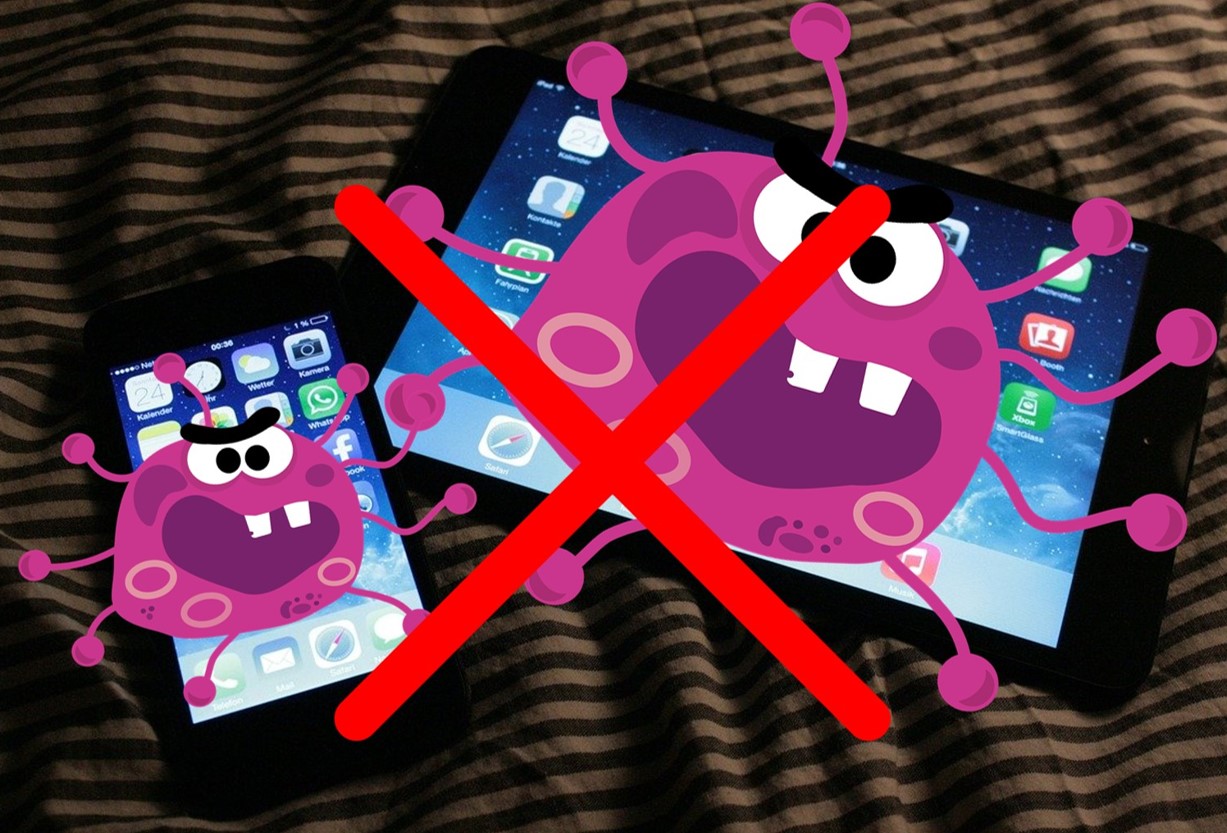
1. Limit the amount of time you consume news about COVID-19 (especially during the evening).
2. Share your concerns with members of your family or with your friends
during your phone calls, videoconferencing or video chats (the fact that you express your concerns out loud often reduces the impact our worries have on our daily lives).
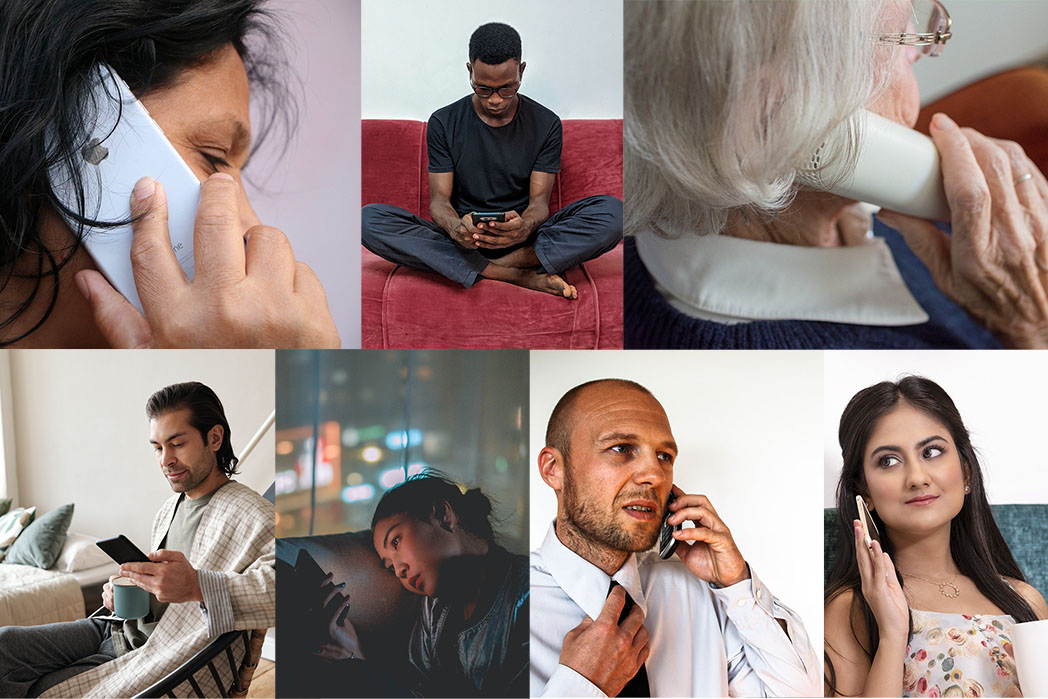
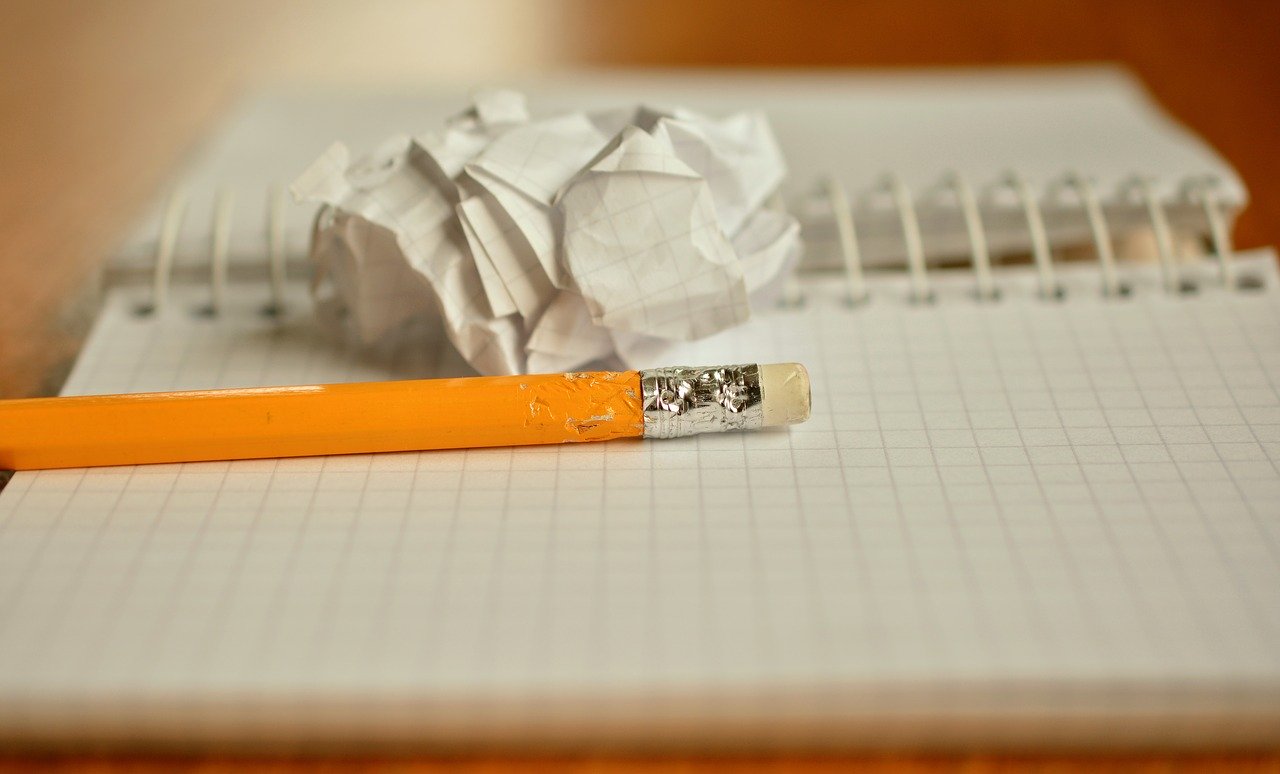
3. Take the time to feel things when it’s the right moment for you.
To alleviate your anxiety and chase away any worries, find an hour for yourself (or even 30 minutes) during the day to think about everything that bothers you (as if you’re saying to yourself, okay, now is the time I’m setting aside for myself to worry) and then, continue with your other activities. The time you set aside for writing down your daily concerns will lift the weight off your shoulders before you go to sleep. If these worries come to you just before bedtime, say to yourself, “I will think about this tomorrow when I will have my reserved time for worrying.”
4. Avoid consuming coffee, energy drinks, sugary drinks, nicotine.
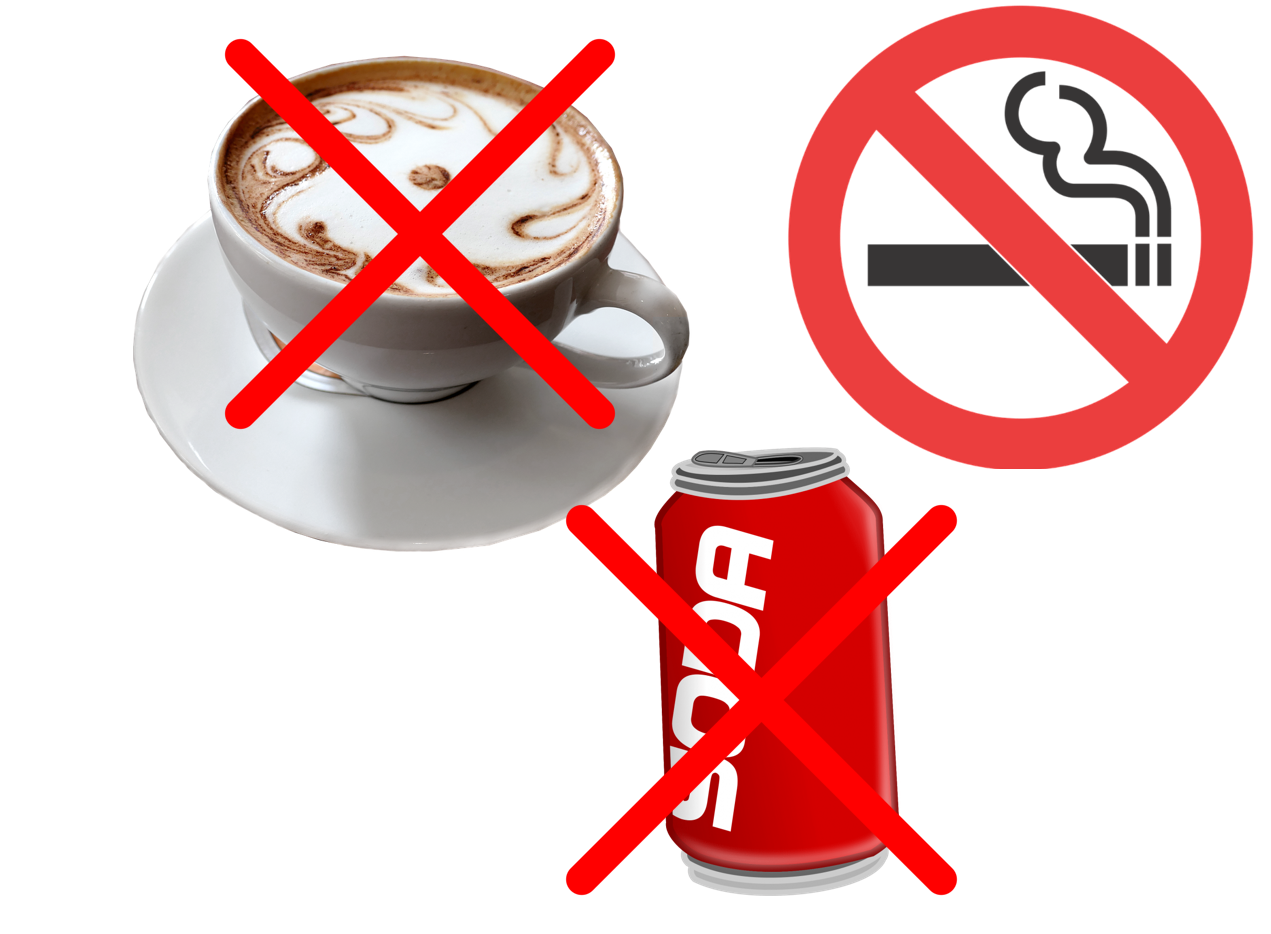
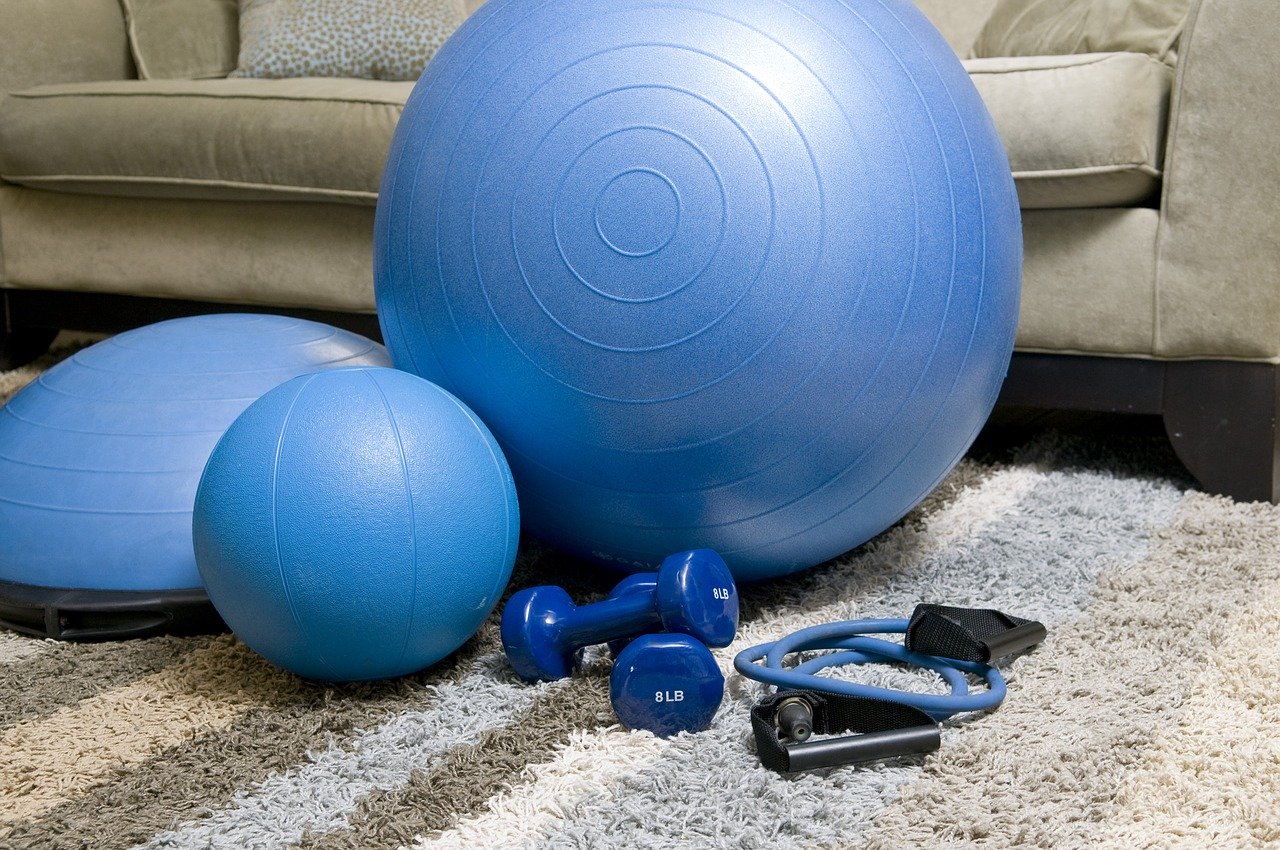
5. Practice daily physical activities.
Thirty minutes of daily physical exercise is tied to a good quality sleep (and less anxiety). However, limit physical activities that are too strenuous just before bedtime. There’s good news! On line you’ll find a number of apps and free videos specializing in indoor physical activities as well as a number of free dance courses. Be creative!
6. Read a paper book (not on line) during the evening.
Eye movement from left to right during reading mimics the same type of movement that the eyes make during one of the sleep stages that lead to falling asleep.
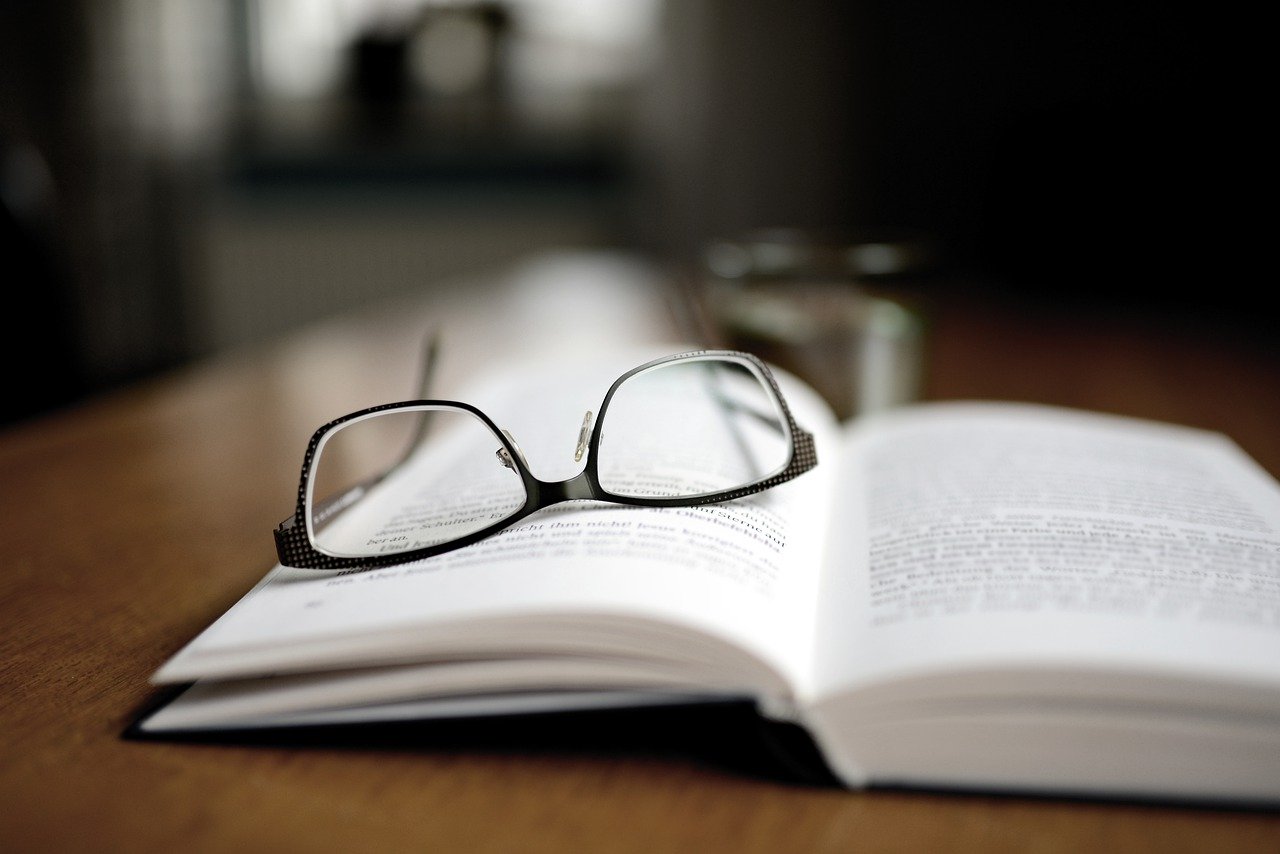
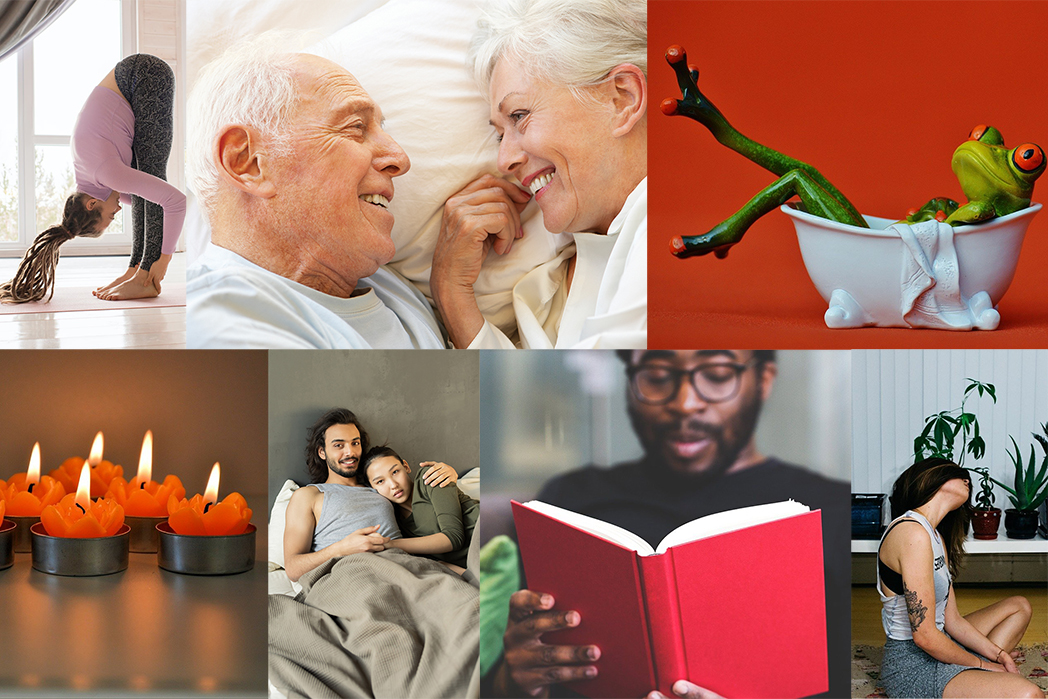
7. Relax and establish a calm routine for going to sleep that doesn't involve using a screen.
Meditation and gentle, relaxing stretching, help to calm your body and spirit and therefore help you to fall asleep.
